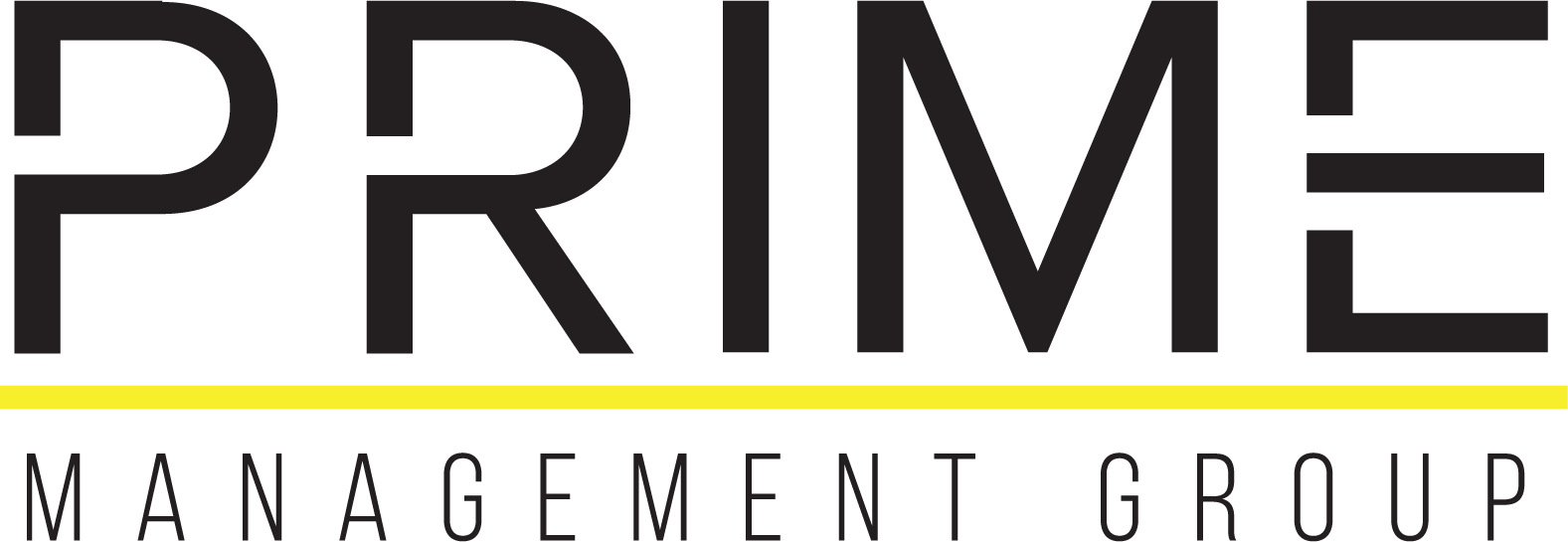Key Terms Every Real Estate Investor Should Know
This is a subtitle for your new post

Real estate investing can be a profitable venture, but it requires understanding specific industry terminology. Whether you’re just starting out or are a seasoned investor, knowing the key terms can help you make informed decisions, communicate effectively with professionals, and navigate the complexities of property investment. This blog breaks down the essential real estate investing terms every investor should know.
1. Cash Flow: Cash flow refers to the amount of money left over after all expenses (mortgage, taxes, maintenance, etc.) have been paid. In real estate, positive cash flow occurs when the income from a rental property exceeds these expenses.
Why It’s Important: Positive cash flow is the ultimate goal for investors seeking to generate steady income. Properties with good cash flow can provide a reliable source of passive income.
2. Cap Rate (Capitalization Rate): The cap rate is the ratio of a property’s net operating income (NOI) to its purchase price. It is expressed as a percentage and is used to estimate the potential return on investment.
Formula: Cap Rate = (Net Operating Income / Property Value) × 100
Why It’s Important: Investors use the cap rate to compare the profitability of different properties. A higher cap rate typically indicates a more lucrative investment, though it may also come with more risk.
3. Appreciation: Appreciation refers to the increase in a property’s value over time due to market conditions or improvements made to the property.
Why It’s Important: Investors often rely on appreciation to grow their wealth. Buying in areas with high appreciation potential can lead to significant returns when selling the property in the future.
4. Equity: Equity is the difference between the current market value of a property and the amount you still owe on the mortgage.
Why It’s Important: As you pay down your mortgage and the property appreciates in value, your equity increases. Equity can be leveraged to acquire additional properties or used for cash-out refinancing.
5. Loan-to-Value Ratio (LTV): The loan-to-value ratio is the percentage of a property’s value that is financed through a mortgage. It is calculated by dividing the loan amount by the property’s appraised value.
Formula: LTV = (Loan Amount / Appraised Property Value) × 100
Why It’s Important: Lenders use LTV to assess the risk of a loan. A lower LTV typically means the borrower has more equity in the property, which reduces the lender’s risk.
6. Net Operating Income (NOI): NOI is the income generated from a property after all operating expenses (such as property management, insurance, taxes, and maintenance) have been subtracted, but before debt service (mortgage payments).
Why It’s Important: NOI is a key metric used to evaluate the profitability of a rental property. Higher NOI typically indicates a more profitable investment.
7. Gross Rent Multiplier (GRM): GRM is a metric used to assess the value of a rental property by comparing its purchase price to its gross annual rental income.
Formula: GRM = Property Price / Gross Annual Rent
Why It’s Important: The GRM helps investors quickly evaluate whether a property is overpriced or undervalued. However, unlike the cap rate, it doesn’t consider operating expenses.
8. Debt Service Coverage Ratio (DSCR): DSCR is a measure of a property’s ability to cover its debt obligations, calculated by dividing the property’s NOI by its total debt service (loan payments).
Formula: DSCR = Net Operating Income / Total Debt Service
Why It’s Important: Lenders use the DSCR to determine whether a property generates enough income to pay off the mortgage. A DSCR above 1 means the property can cover its debt payments, while a ratio below 1 suggests the property isn’t generating enough income to do so.
9. Vacancy Rate: The vacancy rate refers to the percentage of a property’s available rental units that are unoccupied at a given time.
Why It’s Important: A high vacancy rate can signal a problem with the property’s desirability or location. Investors should aim to keep vacancy rates low to maximize rental income.
10. Real Estate Investment Trust (REIT): A REIT is a company that owns, operates, or finances income-generating real estate. REITs allow individual investors to invest in large-scale real estate projects without having to buy properties themselves.
Why It’s Important: REITs provide a way for investors to diversify their real estate portfolios without directly managing properties. They are also a liquid investment, meaning they can be bought and sold like stocks.
11. Hard Money Loan: A hard money loan is a short-term loan typically used by real estate investors to finance the purchase of a property, often for a fix-and-flip. These loans are secured by the property itself and have higher interest rates.
Why It’s Important: Hard money loans offer quick access to capital but come with higher risks. They are often used by investors who need immediate funding or have difficulty securing traditional financing.
12. 1031 Exchange: A 1031 exchange allows investors to defer paying capital gains taxes on the sale of an investment property by reinvesting the proceeds into a similar property.
Why It’s Important: This strategy can help investors grow their portfolios without facing immediate tax consequences. However, the process involves strict timelines and criteria that must be followed to qualify.
13. Capital Expenditures (CapEx): CapEx refers to the funds used by an investor to improve or maintain a property. Examples include replacing a roof, installing new windows, or upgrading the HVAC system.
Why It’s Important: Understanding CapEx is important because these are expenses that can impact the long-term value and profitability of a property. Budgeting for CapEx ensures you’re prepared for major property-related costs.
14. House Hacking: House hacking is a strategy where the investor lives in one part of a property (such as a multi-family unit) and rents out the other units to cover mortgage payments and generate cash flow.
Why It’s Important: House hacking is a popular entry-level strategy for new investors because it allows them to generate rental income while reducing their own living expenses.
Conclusion
Real estate investing can be complex, but having a solid understanding of key terms can make the process smoother and more profitable. Whether you’re calculating potential returns, evaluating a property’s risk, or planning your investment strategy, these terms provide a foundation for making informed decisions.
At Prime Management Group, we’re here to guide you through the nuances of real estate investing and property management. Contact us today to learn more!







